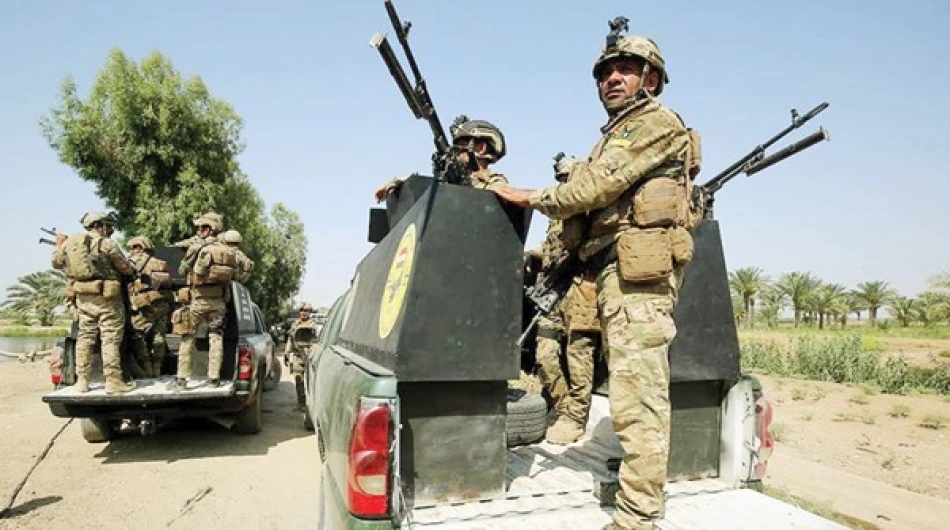
Dozens of French ISIS Fighters Face Trial in Iraq: A High-Stakes Legal Saga Unfolds
Iraq Puts 47 French ISIS Suspects on Trial in Bold Justice Move
Iraq has taken custody of 47 French nationals suspected of committing crimes linked to ISIS and is now conducting investigations that could lead to trials under Iraqi law. The transfer, which occurred over a month ago, represents a significant step in Iraq's efforts to hold foreign fighters accountable for atrocities committed on its soil during the terrorist group's brutal reign from 2014 to 2017.
The Scope of the Investigation
Iraqi intelligence services are interrogating the French suspects based on evidence gathered from Iraqi detainees previously held in Syria. According to an Iraqi security official who spoke on condition of anonymity, the suspects were "part of confirmed ISIS cells and worked with ISIS" before Iraqi forces declared victory over the group locally in 2017.
The Iraqi Intelligence Service confirmed in an official statement that the transferred individuals "belong to the terrorist ISIS entity and are wanted by Iraqi judiciary due to their participation in terrorist crimes that occurred entirely or partially inside Iraq during the years 2014-2017." Some suspects are also accused of conducting activities that threatened Iraqi national security from outside the country's borders.
Legal Framework and Judicial Process
The transfer was executed based on judicial arrest warrants that relied on investigations conducted by Iraqi intelligence under judicial supervision. Iraqi officials have made clear that the suspects will be prosecuted according to Iraqi law, not repatriated to face potentially lighter sentences in French courts.
This approach reflects Iraq's determination to exercise jurisdiction over crimes committed within its territory, even when perpetrators hold foreign citizenship. The move aligns with international legal principles that allow states to prosecute individuals for serious crimes committed on their soil.
International Implications for Foreign Fighter Justice
Iraq's decision to prosecute foreign ISIS members domestically rather than extradite them highlights a broader trend among countries affected by international terrorism. Unlike European nations, which often struggle with lengthy legal processes and face public opposition to repatriating suspected terrorists, Iraq has positioned itself as willing to deliver swift justice.
This case differs markedly from approaches taken by countries like Germany or Belgium, where returned ISIS members often receive relatively light sentences due to difficulties in gathering evidence from conflict zones. Iraq's possession of local witnesses, documents, and crime scenes potentially strengthens its prosecutorial position.
Strategic Messaging and Deterrence
The timing and publicity of this investigation send a clear message to other foreign fighters who participated in ISIS activities. By demonstrating its capability and willingness to pursue justice against international perpetrators, Iraq positions itself as a key player in the global effort to ensure accountability for ISIS crimes.
For France, this development presents both opportunities and challenges. While it removes the political burden of prosecuting returned fighters domestically, it also means French nationals will face Iraq's legal system, where terrorism-related crimes can carry severe penalties including death sentences.
The case underscores the complex legacy of ISIS's territorial control and the ongoing efforts to ensure that foreign fighters cannot escape justice simply by returning to their home countries. Iraq's proactive stance may influence how other affected nations handle similar cases in the future.
Most Viewed News

 Layla Al Mansoori
Layla Al Mansoori






